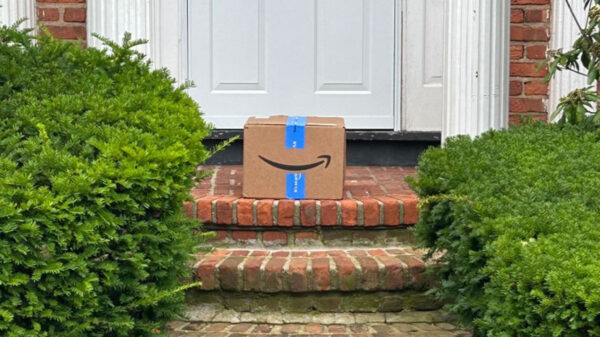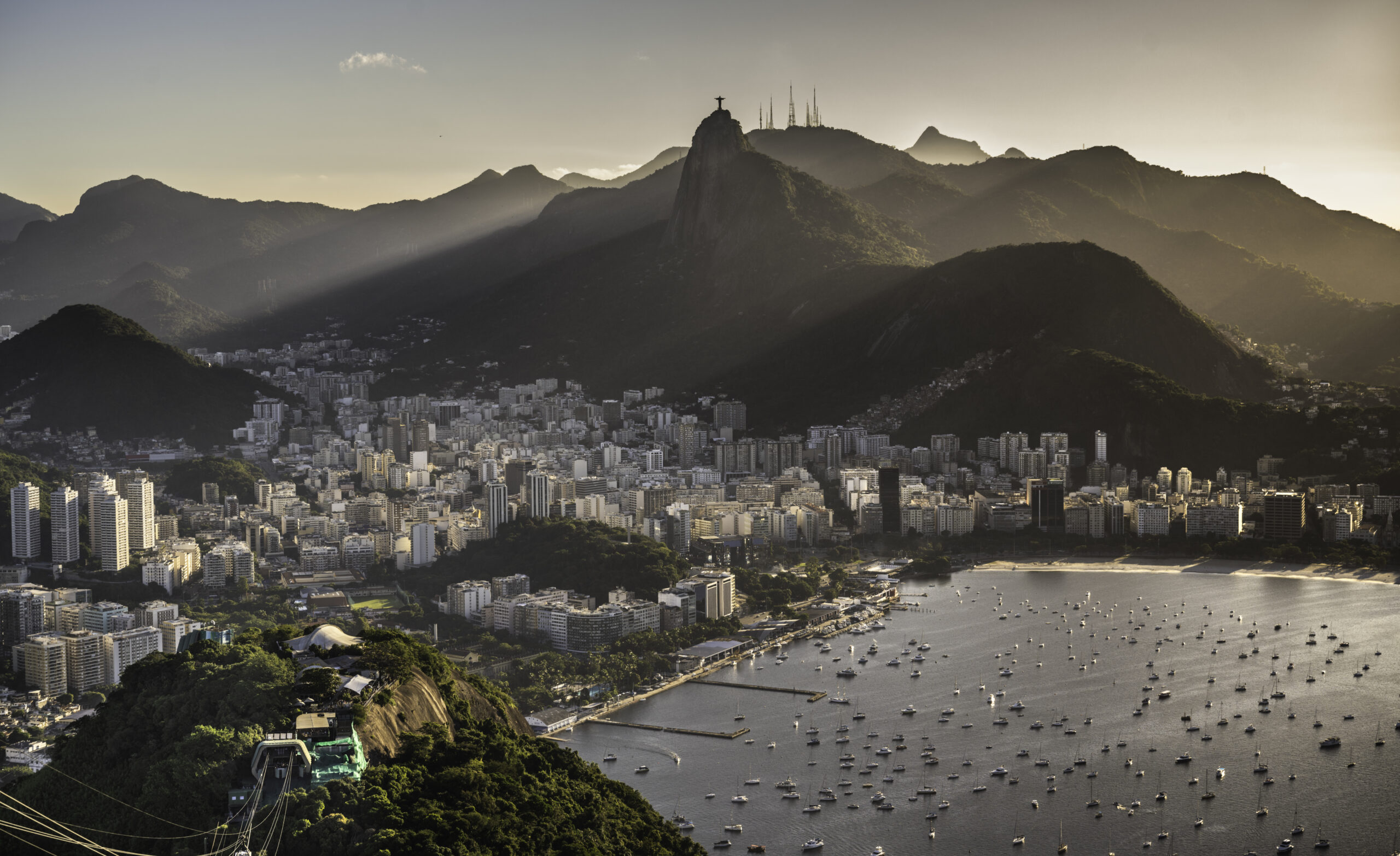The Brazilian government faces increasing pressure to address the issue of illegal cattle ranching, which is causing significant destruction to indigenous lands in the Amazon. A recent report by Human Rights Watch (HRW) outlines the severe impact of these activities on indigenous communities in Pará, Brazil, calling for the immediate removal of unlawful ranches and the restoration of affected areas.
The HRW report, released on March 13, 2024, details how illegal ranching operations have overtaken land within the Terra Nossa settlement and the Cachoeira Seca Indigenous territory. These incursions have led to the displacement of local residents, destruction of homes, and loss of crops. The organization emphasizes that some of these illegal ranches are linked to JBS, the world’s largest meat-processing company.
Evidence presented by HRW indicates that at least five illegal ranches have supplied cattle that were later sold to JBS, despite the company’s stated commitment to maintaining a deforestation-free supply chain. JBS has announced plans to mandate that by 2026, direct suppliers must disclose their indirect suppliers, yet the lack of federal requirements for cattle tracking in Brazil raises concerns about the effectiveness of these measures.
Before supplying cattle to JBS, some suppliers reportedly concealed the origins of their livestock, which were raised on illegally acquired land. Luciana Téllez Chavéz, a Senior Environment Researcher at HRW, highlighted the ongoing challenges in tracking cattle origins, stating, “JBS still does not have a system to track its indirect suppliers of cattle, despite pledging it would implement one as early as 2011. Without it, the company cannot meet its commitment to eliminate deforestation from its supply chain by the end of 2025.”
Originally designated in 2006 as a rural settlement for small farmers, Terra Nossa has seen a staggering transformation. By 2023, approximately 45.3 percent of the settlement had been converted into illegal ranches. In contrast, Cachoeira Seca is legally protected from such encroachments, yet it recorded the highest levels of deforestation in an indigenous territory in 2024. Lawful residents face violence when resisting these illegal activities, with their crops and homes often destroyed.
Despite the Brazilian government’s commitments under legislation like the Forest Code, aimed at preserving the Amazon and regulating land use, deforestation continues to rise. Current estimates show a deforestation rate of 17 percent, with cattle ranching identified as the primary driver of this environmental crisis.
HRW urges the Brazilian government to take decisive action by removing illegal ranches and compensating communities affected by these unlawful occupations. The organization also calls on JBS to confront its role in human rights abuses linked to its supply chain, emphasizing that responsibility lies with both sellers and buyers in addressing these critical issues.
As the situation develops, the world’s attention remains focused on Brazil and its commitment to protecting indigenous lands and preserving the Amazon rainforest.






































































